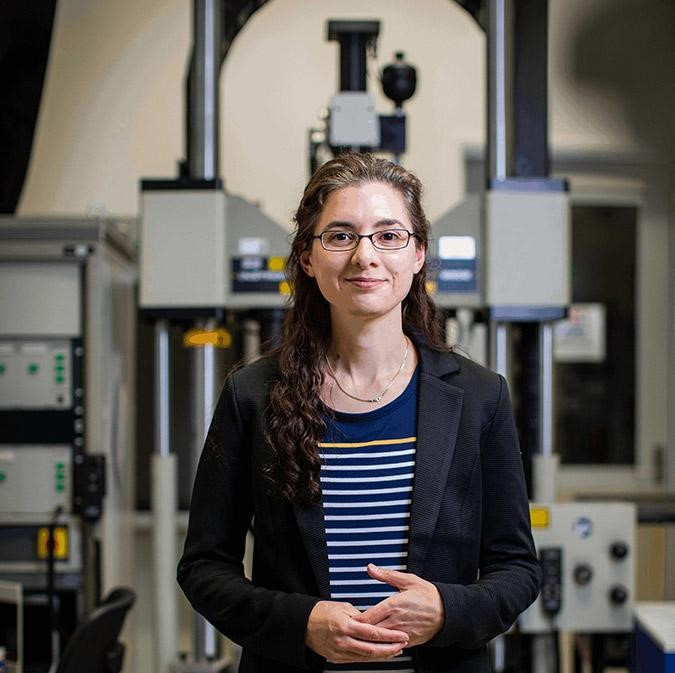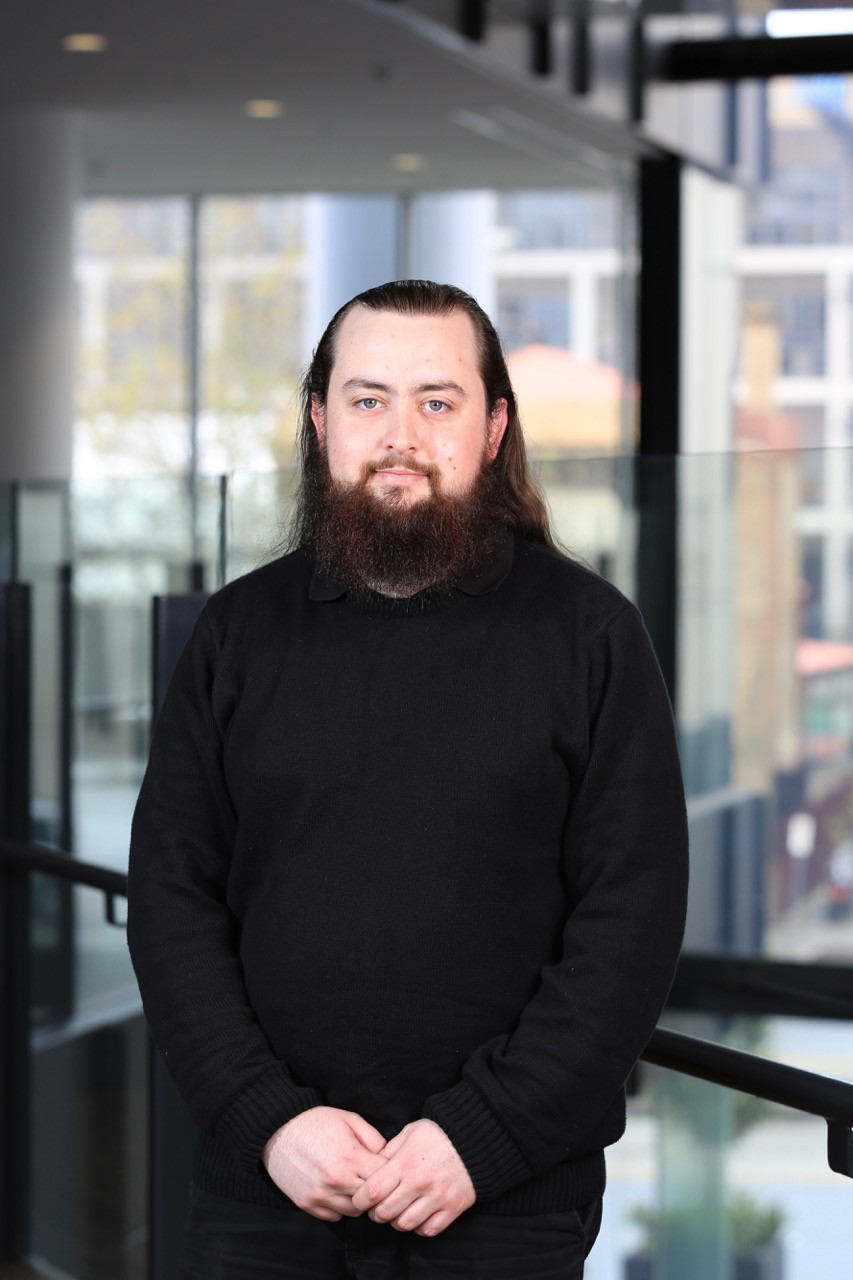University of Adelaide wins Perpetual funding for repeated concussion and traumatic brain injury research model
Congratulations to Dr Claire Jones and Dr Ryan Quarrington on being awarded $97,263 in funding from Perpetual's 2021 IMPACT Philanthropy Application Program.

Congratulations to Dr Claire Jones and Dr Ryan Quarrington on being awarded $97,263 in funding from Perpetual's 2021 IMPACT Philanthropy Application Program, in partnership with the NeuroSurgical Research Foundation.
The funding is being used to research repeated concussions and traumatic brain injuries (TBIs). The project title is ‘A preclinical model of repeated mild traumatic brain injury (concussion) for the study of neurodegenerative processes and potential treatments.’
Dr Claire Jones is Head of the Biomechanics Laboratory, Adelaide Spinal Research Group & Centre for Orthopaedics & Trauma Research and Senior Research Fellow in the School of Mechanical Engineering, at the University of Adelaide.
She is supported by Dr Ryan Quarrington who is a postdoctoral research fellow at the Adelaide Spinal Research Group and Centre for Orthopaedic and Trauma Research, at the University of Adelaide.

Why is this research important?
Dr Jones explained, “Repeated concussions or mild brain injuries, which commonly occur in recreational and professional sports, increase the risk of an individual developing neurological disease and mental illness. The number of athletes suffering from the neurodegenerative consequences of repeated concussions is rising.
"There are currently no clinical methods to detect and monitor the progression of these neurological diseases, and management pathways are limited to reducing the number and frequency of concussion events through ‘return-to-play’ guidelines.
“There is little research on which to base these guidelines, and the pre-clinical models that are used to test the efficacy of pharmacologic interventions have limited similarity to the human brain. A pre-clinical model of repeated mild brain injury that better simulates the human condition is required to study associated brain mechanics and pathophysiology, and to evaluate potential diagnostics and treatments,” she said.
What outcomes do you hope to see and why?
Dr Jones said, “The key output of the project will be a pre-clinical model of mild traumatic brain injury which can be used to investigate the mechanics and pathobiology of the injury, and to test potential diagnostic protocols and treatments.
“We anticipate the model will critically underpin future studies of TBI mechanisms, prevention, and treatment, with a high likelihood of clinical translation.
“The medical outcomes that may follow from implementing this pre-clinical model include improved concussion diagnoses (e.g. imaging, blood markers), objective return to activity guidelines and tests, improved clinical management pathways, and pharmacologic treatments to reduce or eliminate the cumulative effects of mild TBI."
Please donate now to the TBI research appeal.




